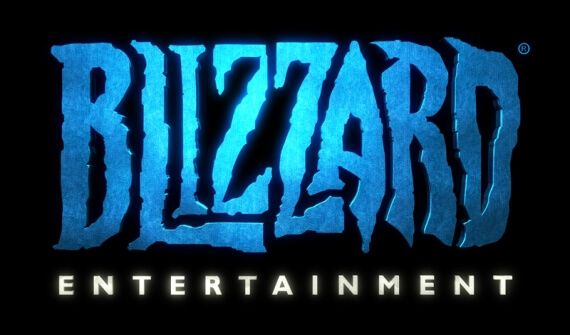Blizzard was taken aback by the controversy that their introduction of 'Real ID' received. While many saw the requirement to use your real name when using Battle.net for easier social networking as a logical step, others strongly disagreed. Many users of both World of Warcraft and Starcraft voiced immediate concerns that this would destroy the anonymity that is integral to a RPG experience. Ultimately, Blizzard continued their practice of defending the wishes and rights of their gamers and took Real ID off the table as required.
We are living in a digital age, make no mistake. With social networking sites blurring the lines between our real lives and our lives spent surfing the internet, the concept of anonymity seems to quickly be losing ground to those who wish to use these tools to spread their identity. Links to Twitter accounts, Facebook pages, and Flickr accounts are becoming synonymous with signatures, creating a broader concept of "following someone online" than we have ever witnessed.
In a recent interview with Gamasutra, Battle.net project director Greg Canessa gave some context to Blizzard's assumption that the program would be met with approval, not upheaval. The reasoning lies in the success of a familiar source: Facebook:
"Facebook has had a lot of influence, a lot of influence on me personally, in both positive and negative ways...I love and respect aspects of what [social networking] is trying to do.
"There are some very interesting social dynamics that are going on around the perception of anonymity, and what social networks like Facebook and MySpace have done to interfere with that veil of anonymity in the online space.
"I think it's an interesting sociological phenomenon that you have, in which people are completely comfortable putting their name, face, kids, wife and personal information out there for the world to see in Facebook, yet they're not willing to do, in some cases, similar things in the game space.
"We were a little surprised by the controversy [about requiring real names on forums], mostly because it was kind of wag the dog. It was not where our focus was [for Real ID]."
Perhaps the first explanation that comes to mind is that players desire their anonymity to be able to fully engage in their role-playing experience. This isn't lost on Canessa, and the team has now devoted their time to improving the aspects of Real ID that were focused on social networking through Battle.net:
"That part was really, really positive, and that's where the Battle.net team has been focused...The forum stuff was kind of a side thing. The forums aren't that big of a deal relative to Blizzard's overall business. And so we were a little surprised. ... [But] we listen to our community. They didn't like it, and we quickly moved off of it."
So at the end of the day, players no longer have to give up their name to play their game of choice, since the program is functioning on a completely voluntary basis. And for those who desire to take part, they have access to a system that makes social interactions and contact with friends much easier. Hopefully now we can all forget about the controversial Real ID program, and look forward to this year's BlizzCon.
Perhaps there may even be an announcement of a new project in development? Stay tuned, we'll keep you posted.
Source: Gamasutra

